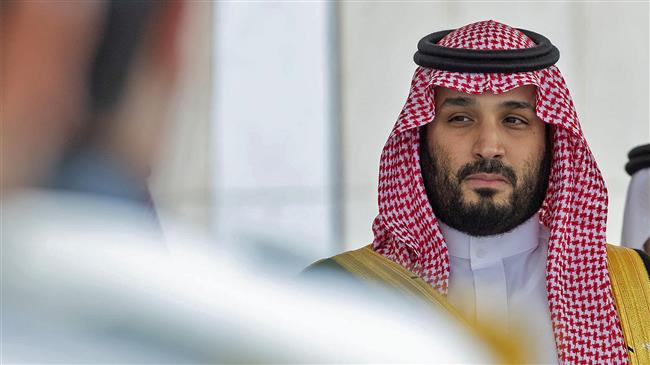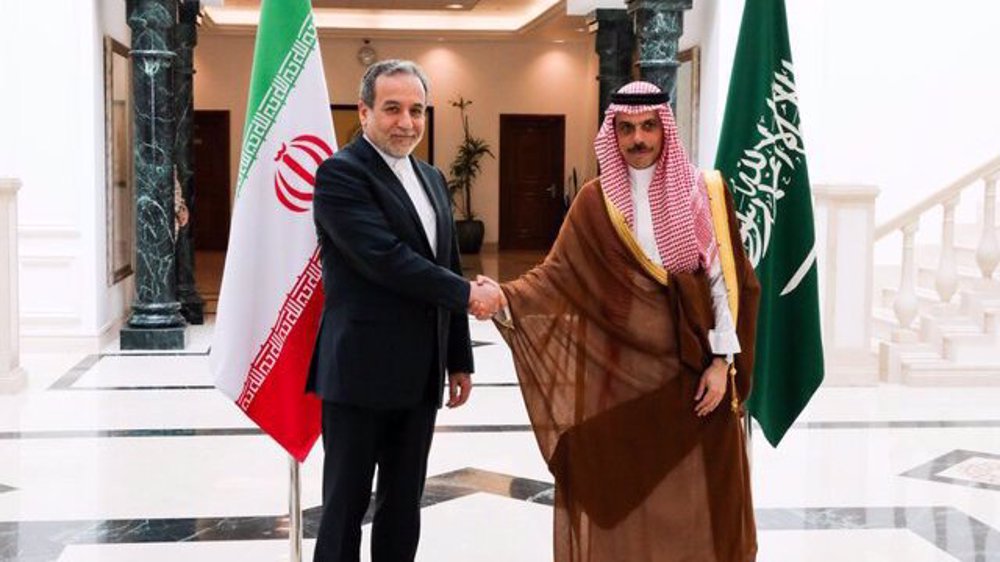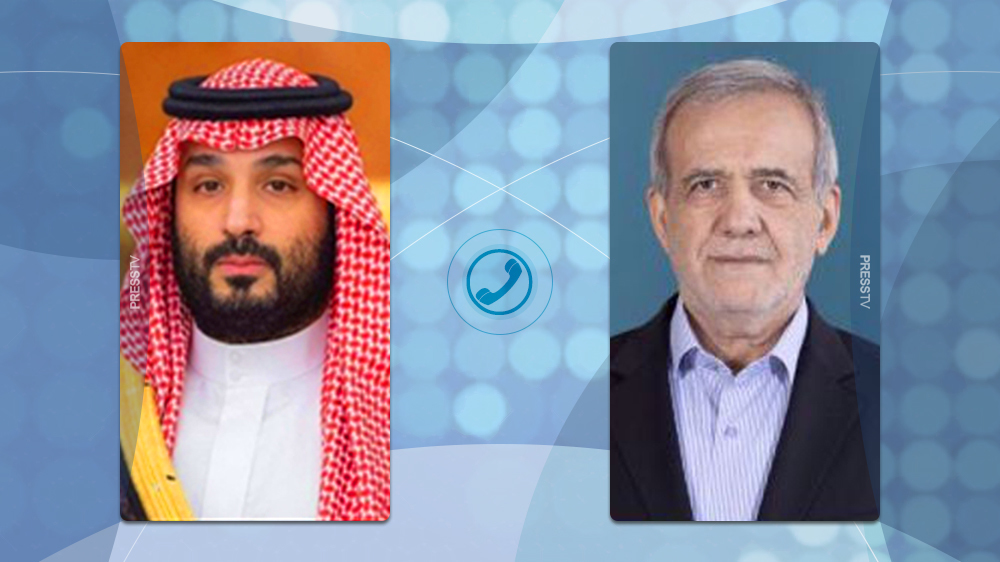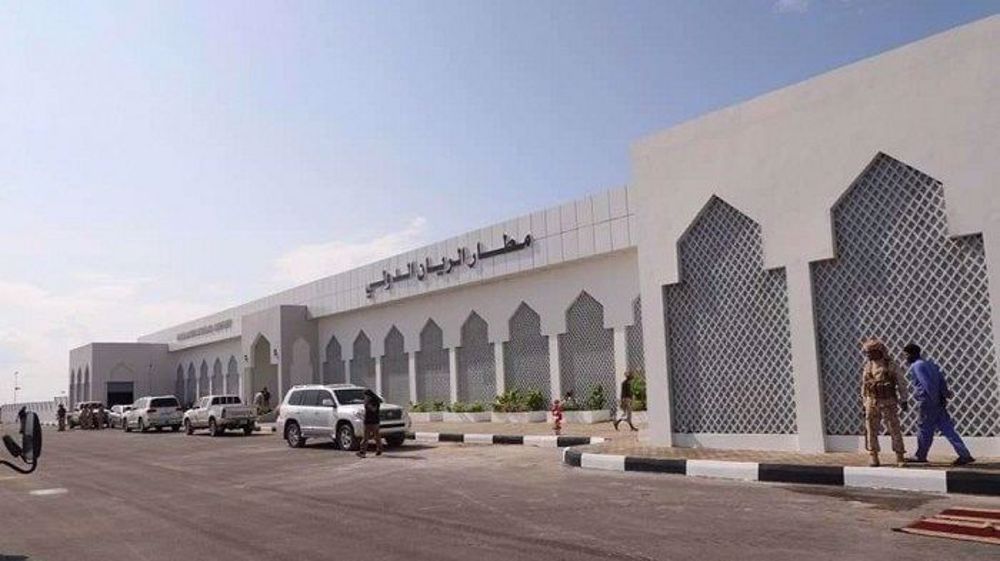Israeli delegation visits Saudi Arabia for first time
A high-ranking Israeli delegation from an umbrella US Jewish group has visited Saudi Arabia this week, a sign of increasing warmness between Tel Aviv and Riyadh as the two sides look to forge closer informal ties and expedite normalization efforts.
Israel’s English-language broadsheet newspaper The Jerusalem Post reported on Friday that members of the Conference of Presidents of Major American Jewish Organizations visited Saudi Arabia this week, a move believed to be the first official visit to the kingdom by an American Jewish organization since the Oslo peace process in 1993.
The Jewish Telegraphic Agency said the visit, which took place from Monday to Thursday, included meetings with senior Saudi officials as well as with Sheikh Muhammad bin Abdul Karim bin Abdulaziz al-Issa, the secretary general of the Muslim World League.
Issa is regarded as a close associate of Saudi Crown, Prince Mohammed bin Salman.
The New York-based news agency said the focus of the talks between the Conference constituents and Saudi officials was on countering terrorism and the instability in the Middle East region.
The Conference’s leadership, executive vice president Malcolm Hoenlein, and CEO William Daroff, are expected to have been present during the visit.
Saudi Arabia has expanded secret ties with Israel under the crown prince, the son of King Salman, who is viewed by many as the Kingdom’s de facto ruler. The young prince has made it clear that he and the Israelis stand on the same front to counter Iran and its growing influence in the Middle East.
Back in 2018, Saudi Arabia opened its airspace for a commercial flight to Israel with the start of a new Air India route between India and Israel, although El Al Israel Airlines might not use Saudi airspace for eastward flights.
Critics say Saudi Arabia’s flirtation with Israel would undermine global efforts to isolate Tel Aviv and affect the Palestinian cause in general. They say Riyadh has gone too far in its cooperation with the Israelis as a way of deterring Iran as an influential player in the region.
Israel has full diplomatic relations with only two Arab states, Egypt and Jordan, but the latest reports suggest the regime is working behind the scenes to establish formal contacts with Persian Gulf Arab states such as Saudi Arabia, the United Arab Emirates and Bahrain.
In another sign of warming ties between the regimes of Israel and Saudi Arabia, last month Tel Aviv officially allowed Israelis to travel to Saudi Arabia for the first time.
The move comes against the backdrop of a so-called peace plan unveiled by US President, Donald Trump, that supposedly aims to resolve the decades-long Israeli-Palestinian conflict.
Trump unveiled the scheme’s outlines on January 28. The plan features the recognition of Jerusalem, al-Quds, as Israel’s “capital,” although Palestinians want the city’s eastern part as the capital of their future state.
The US president also said that under the plan, Israel would be annexing the settlements that it has been building in the West Bank since occupying the Palestinian territory in 1967.
This is while all previous foreign-mediated draft agreements between the Palestinians and Israelis as well as repeated United Nations resolutions have mandated Tel Aviv to withdraw behind the 1967 borders.
Palestinian leaders, who severed all ties with Washington in late 2017 after Trump controversially, recognized Jerusalem, al-Quds, as the capital of the Israeli regime, immediately rejected the plan, with President Mahmoud Abbas saying it “belongs to the dustbin of history.”
Palestinian leaders also said the deal is a colonial plan to unilaterally control historic Palestine in its entirety and remove Palestinians from their homeland, adding that it heavily favors Israel and would deny them a viable independent state.
Meanwhile, senior Arab diplomatic sources said last week that the Saudi crown prince might meet Netanyahu on the sidelines of a potential summit in Cairo as the Israeli premier was seeking talks.
Saudi Foreign Minister, Prince Faisal bin Farhan, however, asserted on Thursday that there are no plans for a meeting between Salman and Netanyahu.
Speaking to al-Arabiya English, he also claimed that Saudi Arabia's policy toward Palestine remained "firm."
This is while Riyadh has welcomed Trump’s plan, saying "the Kingdom appreciates the efforts made by President Trump’s administration to develop a comprehensive Palestinian-Israeli peace plan."
It has urged "direct peace negotiations between the sides under US sponsorship, in which any dispute regarding details of the plan will be settled."
Saudi government media have also urged the Palestinians not to miss "this opportunity" and to approach the so-called US "deal of the century" with a positive mindset.
UK, China push strategic cooperation as US undermines global order
Iran not opposed to dialog but seeks diplomacy based on mutual respect: Qalibaf
Extreme poverty rate soars in UK: Report
Hezbollah official warns US strike on Iran could ‘trigger volcano’ in West Asia
Hamas never agreed to lay down arms in truce talks: Official
VIDEO | Iraqi political blocs denounce Trump’s interference in domestic affairs
China warns US against war on Iran, slams Washington militarism at UN
Pezeshkian orders public release of names of recent riots victims












 This makes it easy to access the Press TV website
This makes it easy to access the Press TV website